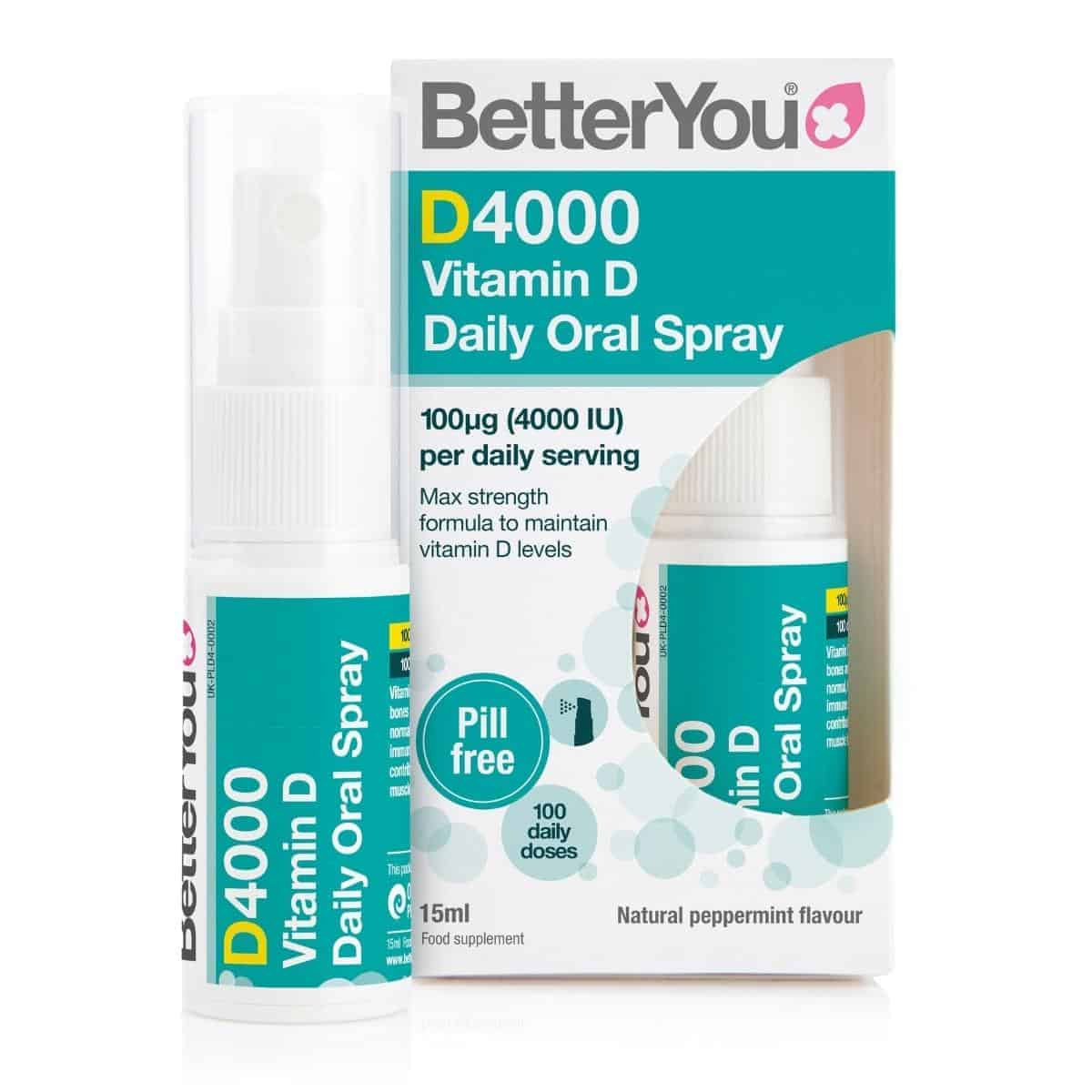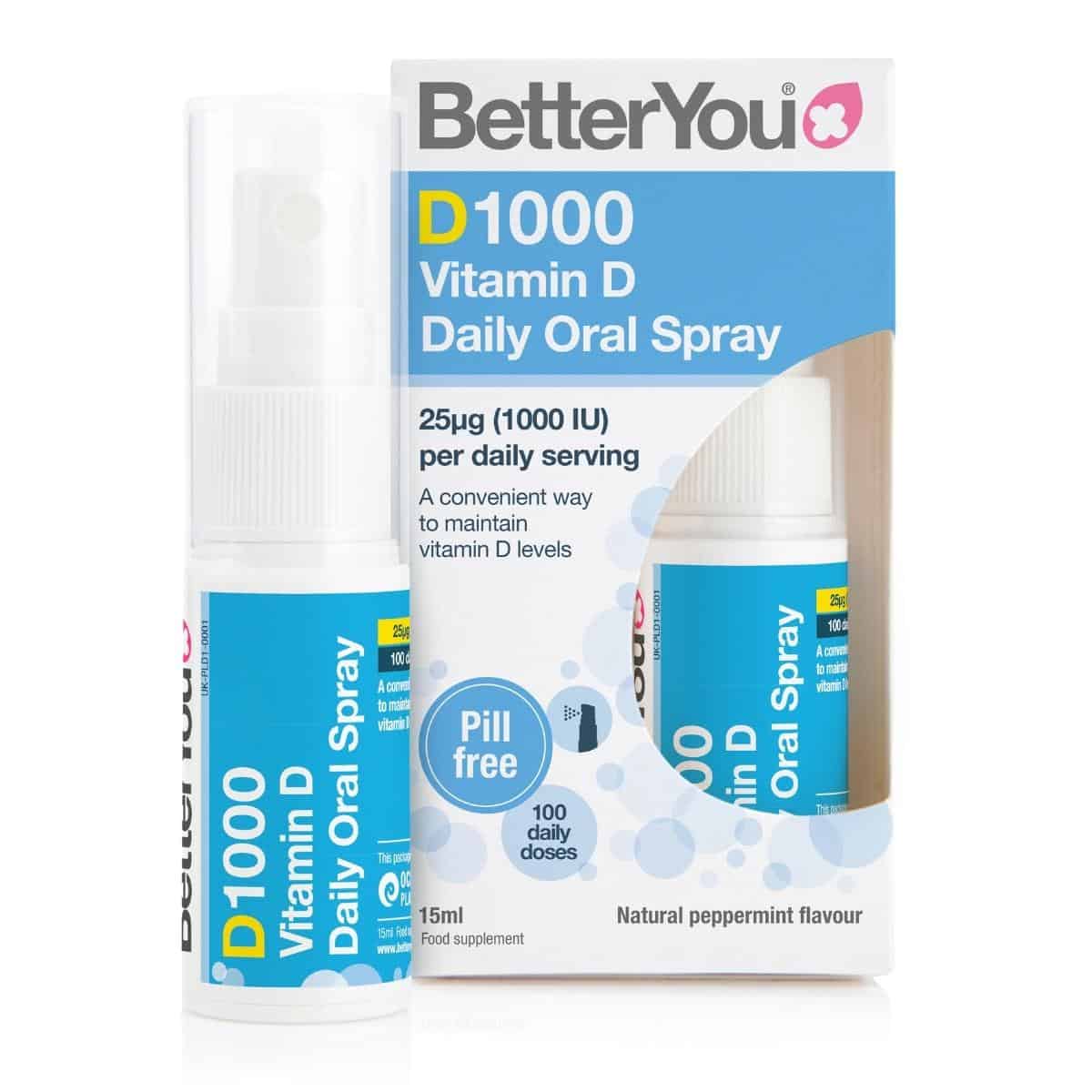How Vitamin D could help you
What do you know about Vitamin D? Probably, like many of us, very little. Here I want to share with you why it is important and could help you. Why the NHS recommend supplements, and how to find the best supplements for you and your family.

This is a collaborative post.
What does Vitamin D do?
It is essential in helping our bones, teeth and muscles stay healthy. During the summer months, most people should get enough from the sun and not need supplements. This, of course, is based on you going outside. During the winter, in the UK, we are advised to take supplements as unfortunately there is less sun.
Vitamin D is used by the body to help regulate the amounts of calcium and phosphate in the body. A lack of it can lead to bone pain and even deformities like rickets.
A few years ago Ben was advised to take multivitamins with vitamin d in due to a slight deficiency noticed in his blood tests. They felt that alongside his hypermobility and muscle tone issues a slight deficiency in Vitamin D could be linked to why he was in a lot of pain.

How much Vitamin D do we need?
The amount we need depends on our age, ethnicity and occupation.
Babies who are formula-fed get their Vitamin D from the milk they have as the formula is fortified with vitamin d along with other supplements.
Breastfed babies, on the other hand, may not naturally get enough so it can be a good idea according to the NHS to supplement them with 8.5-10 micrograms a day.
Aged 1-4 children should be given 10 micrograms a day in the form of a supplement. There is no reason it has to be a Vitamin D-only supplement, multivitamins can contain enough but do check the packaging.
Children over 4 years and adults should not need supplements from around late March/April to the end of September if they spend enough time outdoors and eat foods rich in Vitamin D.
If you are in any doubt you can speak to your GP and ask if supplements would be recommended. Over the winter they should take 10 micrograms of it daily.

Food sources of Vitamin D
Some foods have Vitamin D in them unless you eat a lot of any of these though they are unlikely to provide you with enough on a daily basis.
- Oily fish such as sardines, herring, mackerel and salmon
- Egg yolks
- Fortified breakfast cereals
- Liver
- Red meats
- Fortified spreads/butter alternatives
In some countries, cows’ milk is fortified with Vitamin D but it isn’t generally in the UK.
For vegans, there are vegan Vitamin D supplements available too as obviously most of the natural sources are meat or animal based.

Can you have too much Vitamin D?
Whilst 10 micrograms of Vitamin D is enough for most people, you will notice that some supplements are available with higher amounts or different numbers/symbols that make you feel unsure.
No one aged 11+ should take more than 100 micrograms a day of Vitamin D as it can be harmful. Children 1-10 shouldn’t take more than 50 micrograms a day and infants under 12 months should never have more than 25 micrograms a day.
Your GP may advise differently if you have a severe deficiency etc so do listen to their advice but if you are buying merely as a supplement be sure to stick to these maximum amounts.

What does 4000IU mean?
You may well have seen packets of Vitamin D supplements that don’t make clear the micrograms of the vitamin in the tablet/capsule but instead say things like 4000IU.
The IU stands for international unit. Don’t worry too much about that but these maximum doses should help you.
Adults and children over 11 should never have more than 4000IU daily this is the same as 100 micrograms.
Children aged 1-10 should never have more than 2000IU daily (the equivalent of 50 micrograms).
Babies under 12 months should never have more than 1000IU daily (the same as 25 micrograms).
Of course, remember that if a doctor advises otherwise then this is of course ok as the doctor knows your needs best.

Can you have too much Vitamin D from the sun?
If you take supplements and then spend a lot of time in the sun this could be something which worries you. The NHS say this is ok and the main risk here is if you are out in the sun for long periods you have a higher risk of skin damage and skin cancer without adequate protection.

How can you take the supplements?
Like most supplements you can buy capsules and tablets but these aren’t for everyone. If you don’t like or are unable to swallow tablets or capsules then you should consider sprays such as these:
Why Vitamin D was important during the pandemic
Have you been inside more often? I know I have as I have been shielded due to severe asthma. I have been taking Vitamin D most days to try and ensure I get enough. I often forget but hope I remember enough to be sure not to become deficient!
The NHS in my shielding letter recommended that everyone who is outdoors less takes supplements and even provided them to shielding people. There is also evidence that COVID-19 patients are almost twice as likely to be deficient in Vitamin D.
Whilst this doesn’t necessarily mean that Vitamin D prevents Covid-19 it does mean that a deficiency could possibly make it worse.
The prime minister discussed this too and one mp suggested that resolving vitamin d deficiency issues could reduce infection rates by half and deaths by half again.
Either way in my eyes if there is any chance of reducing my risks by taking it and generally being healthier I will.
Where to buy?
Vitamin D supplements are available in a variety of places. I recommend Better You, they are great value and I have always had good service from them. Here are some products that might be good for you and your family.
Other vitamin D products you might want to consider are:
This bundle of Vitamin B12, D and Multivitamins for all round wellness. All in sprays to make them easy to take and absorb.
For an immunity bundle, this selection is great with Vitamin D, B-complex, Iron and Magnesium. I know I am often anaemic due to an iron deficiency so am considering this bundle rather than individual supplements to see if it helps me stay healthy.
Of course, not being tablets means I have no excuse not to use the sprays daily, especially if they are on my desk!
What do you think? Will you start taking Vitamin D?
Other articles you might find helpful
If you are interested in nutrition and keep a check on what vitamins and minerals you have these articles may also be helpful.
Everything you need to know about Iron and Iron-rich foods
Vitamin B12, everything you need to know
Signs of vitamin deficiency in kids
The importance of vitamin A in a diet
The nutritional value of cranberries
Why you need vitamin b for energy
Calcium – all you need to know about calcium-rich foods








I’ve been taking Vitamin D for about 10 years now, they found out I was really really low in D just after I had my gallbladder out for some reason so I take D and B12 helps digestion but C helps the body to absorb other vitamins like BNumbers or D etc.
I take it in tablet form though, I didn’t know sprays existed, they’d definitely be a lot easier so I’ll have a look at the links, thanks for this hun! I’ll send it to my sis too if that’s ok as my nephew has to start on D -he’s been staying in pretty much 24/7 7/7 like many of us, and so isn’t getting much from the sun, but he doesn’t like tablets -he doesn’t trust them, so this might be an idea for them too!
I’ve been taking Vitamin D for about 10 years now, they found out I was really really low in D just after I had my gallbladder out for some reason so I take D and B12 helps digestion but C helps the body to absorb other vitamins like BNumbers or D etc.
I take it in tablet form though, I didn’t know sprays existed, they’d definitely be a lot easier so I’ll have a look at the links, thanks for this hun! I’ll send it to my sis too if that’s ok as my nephew has to start on D -he’s been staying in pretty much 24/7 7/7 like many of us, and so isn’t getting much from the sun, but he doesn’t like tablets -he doesn’t trust them, so this might be an idea for them too!
Fabulous article! Going to try these sprays as so much easier than pill supplements!